On-Demand CNC Machining: Your Design, Our Precision
Need high-quality, custom-machined plastic and metal parts? Our on-demand CNC machining services deliver precision parts, from prototypes to full-scale production. Partner with our experts to bring your designs to life.
- Instant Pricing & DFM
- Parts as Fast as Few Days
- 95.4% of Parts Delivered On-time and To-spec
- Consistently Ensuring Precise Specifications
- Guaranteed Quick Delivery Times
- Comprehensive and Rigorous Checks
CNC Machining Capabilities at NPI

3-Axis CNC Milling
Experience precision and affordability with 3-axis CNC milling, perfect for simple, high-accuracy components.

4-Axis CNC Milling
Envision a design, and 4-axis milling can bring it to life. Multi-sided machining has never been easier.

5-Axis Machining
For intricate and detailed components, 5-axis milling is the superior solution. Bring your boldest designs to life.
CNC Milling Materials Selection
Metal Materials Series
-
Steel
-
Stainless Steel
-
Titanium
-
Brass
-
Bronze
-
Inconel
-
Tool Steel
-
Aluminum Alloys
-
Maraging Steel
-
Copper Alloys

Steel
Offers high tensile strength and malleability. Used in construction, automotive, and manufacturing for structural components and tools.
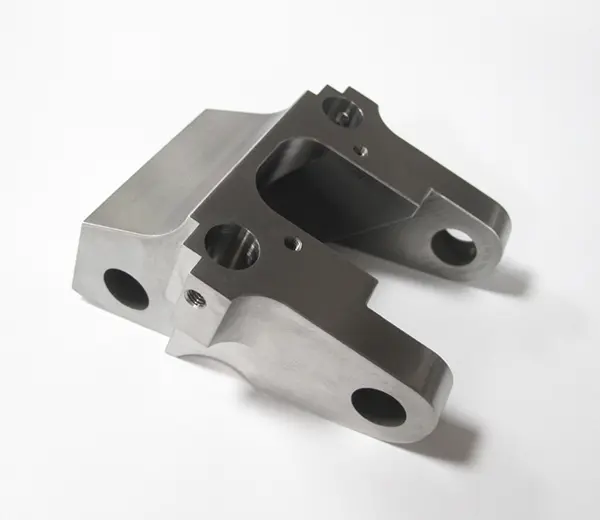
Stainless Steel
Known for corrosion resistance and durability. Employed in cutlery, medical equipment, and architectural applications.
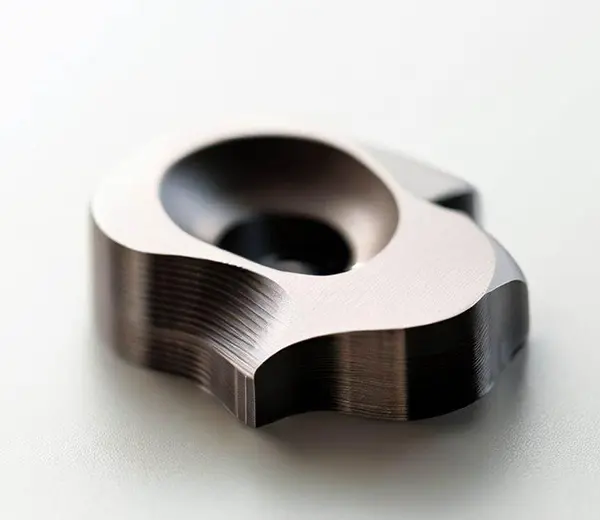
Titanium
Provides exceptional strength with low density. Utilized in aerospace, medical implants, and high-end sports gear.
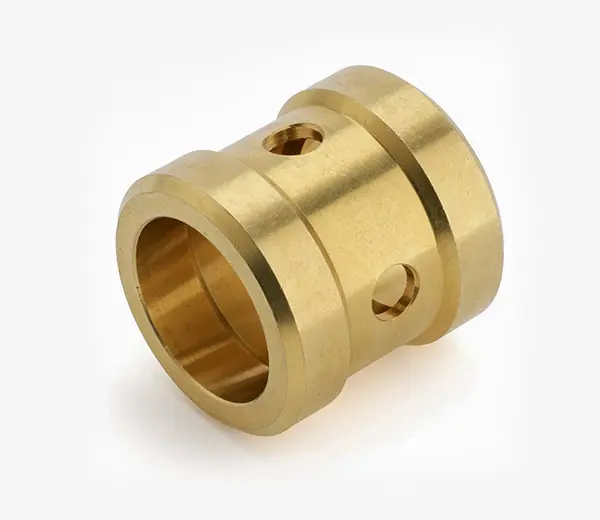
Brass
Combines strength and corrosion resistance. Commonly used in fittings, valves, and decorative items.

Inconel
An austenitic family of superalloys with excellent heat and corrosion resistance. Used in gas turbines and chemical processing.

Inconel
An austenitic family of superalloys with excellent heat and corrosion resistance. Used in gas turbines and chemical processing.

Tool Steel
Designed for high hardness and wear resistance. Essential for the production of cutting tools and dies.
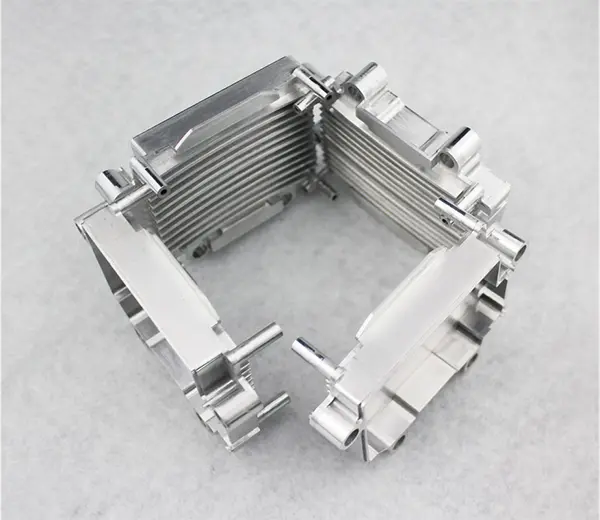
Aluminum Alloys
Lightweight with enhanced strength and corrosion resistance. Popular in aerospace, automotive, and consumer electronics.
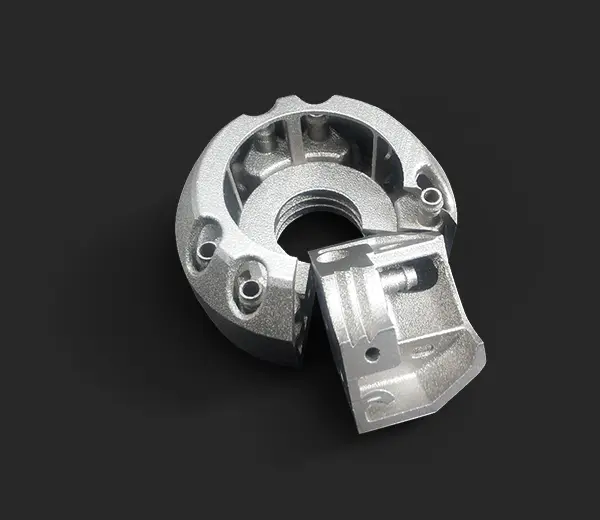
Maraging Steel
Known for its ultra-high strength and hardness. Used in precision instruments and high-stress mechanical parts.
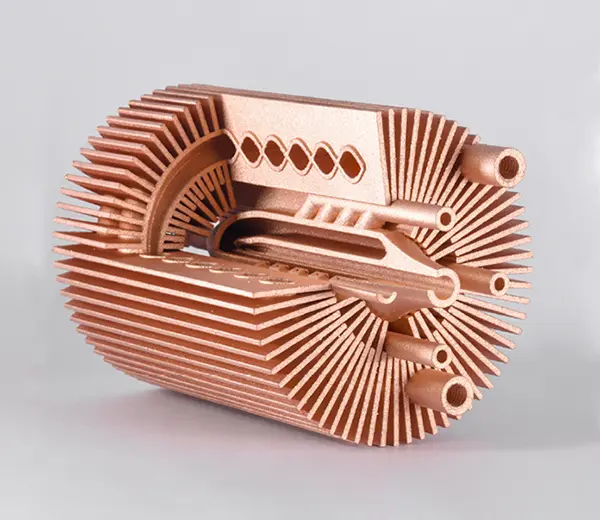
Copper Alloys
Exhibit high thermal and electrical conductivity. Widely used in electrical systems, heat exchangers, and coinage.
Plastic Materials Series

PC (Polycarbonate)
Known for its exceptional impact resistance and transparency. Used in eyewear, automotive parts, and durable plastic products.
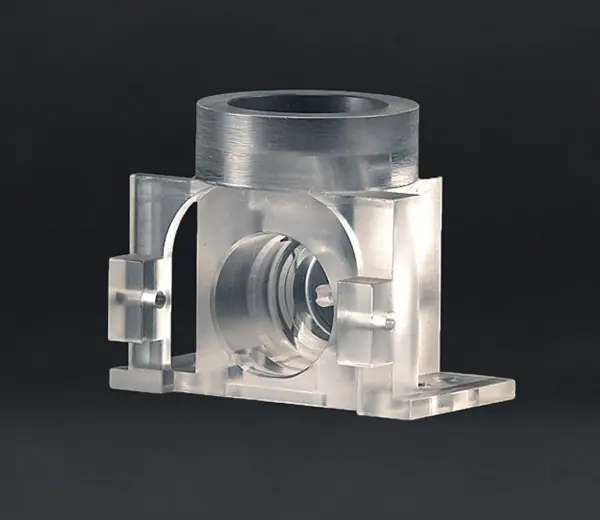
PA (Polyamide)
Strong, flexible, and resistant to chemicals. Common in fibers, automotive parts, and industrial components.
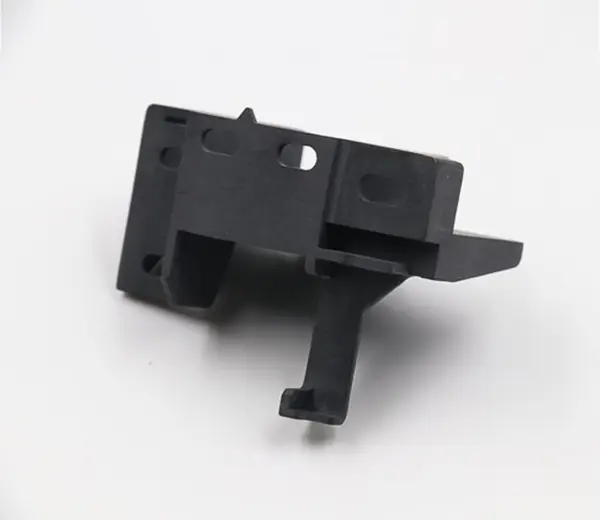
ABS
Combines strength, rigidity, and toughness. Widely used in automotive and electronics.

PVC (Polyvinyl Chloride)
Durable and cost-effective. Employed in plumbing, vinyl siding, and medical devices.
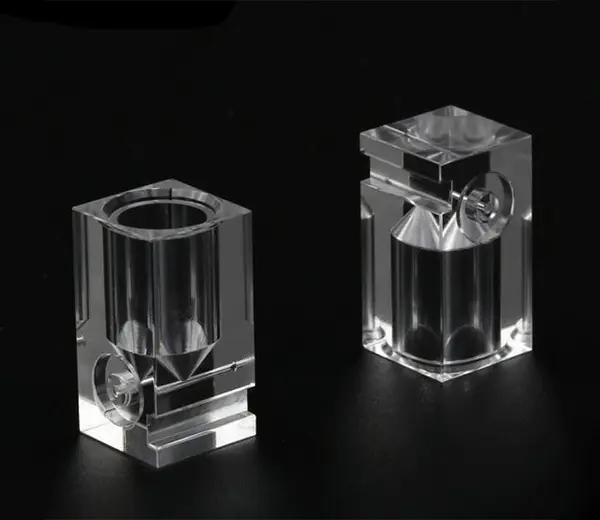
Acrylic (PMMA)
Lightweight with high clarity. Ideal for aquariums, windows, and signage.
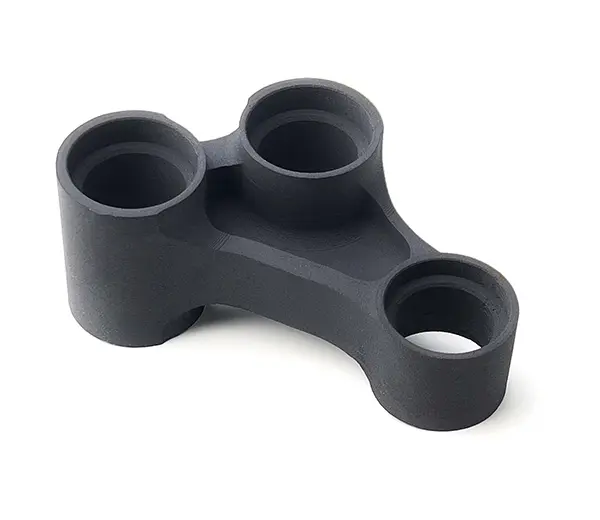
Nylon
Resistant to wear, self-lubricating. Utilized in textiles, brushes, and mechanical parts.
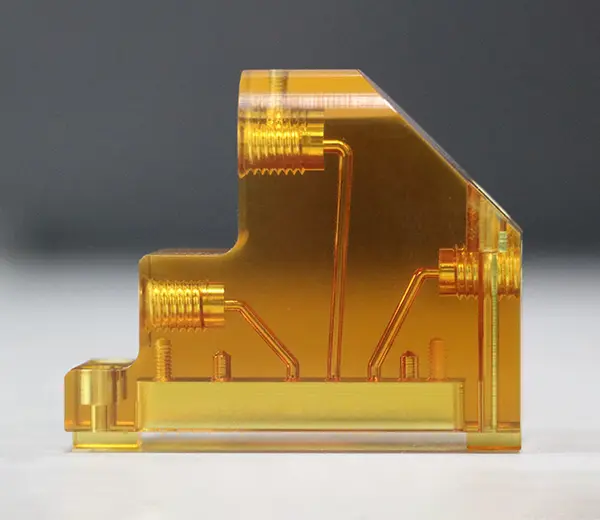
PSU (Polysulfone)
High-temperature resistance and rigidity. Suitable for electrical components and cookware.
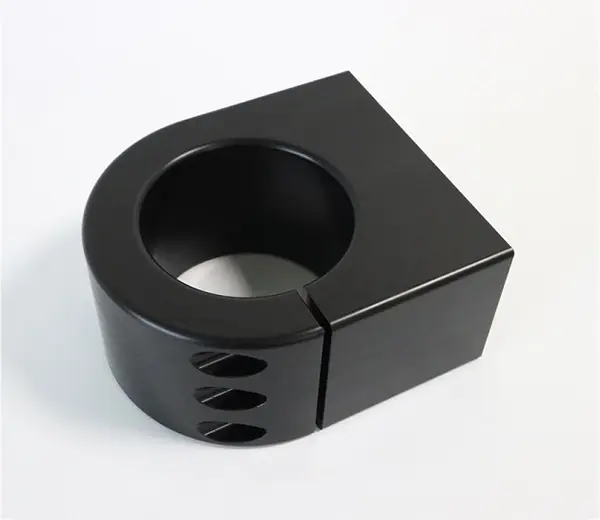
POM (Polyoxymethylene)
Stiff and resistant to abrasion. Common in gears, bearings, and automotive parts.
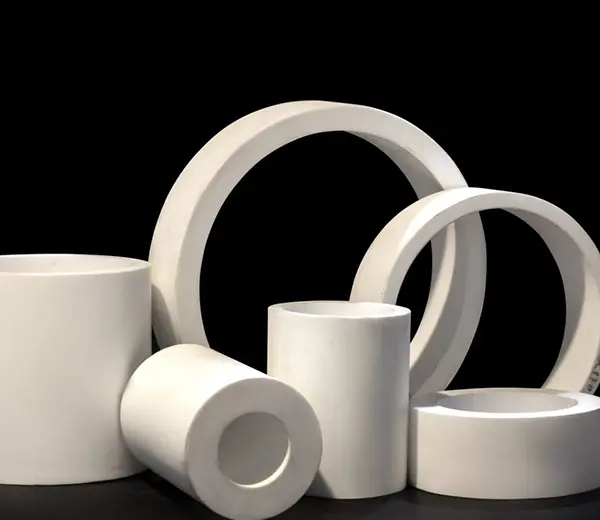
PTFE (Teflon)
Non-stick and heat resistant. Used in non-stick cookware and industrial coatings.
- We can source any other material on request, but quotes take up to 48 hours.
CNC Milling Surface Finishes
Surface Treatment Method
Material Type
Colors
Surface Finish Precision (Ra)
Suitable Applications

Anodizing
Aluminum
Clear, Black, Grey,
Red, Blue, Gold
0.2 – 0.8 μm
Aviation, Electronics

Polishing
Stainless Steel
Gray
0.4 – 1.6 μm
Kitchenware, Medical

Sandblasting
Titanium Alloy
Dark Gray
1.6 – 3.2 μm
Sports Equipment

Plating
Copper
Red-Brown
0.8 – 1.6 μm
Decoration, Electrical

Chemical Plating
Magnesium Alloy
Light Gray
0.8 – 1.6 μm
Auto Parts

Powder Coating
Zinc Alloym
Silver
0.8 – 1.6 μm
Furniture Accessories
CNC Milling Tolerance
3-Axis
4-Axis
5-Axis
Maximum Part Size
4000x1500x600 mm
1000x500x500 mm
500x500x500mm
Minimum Part Size
1x1x5 mm
1x1x5 mm
1x1x5 mm
General Tolerances
±0.01 mm
±0.01 mm
±0.01 mm
Lead Time
Delivery of simple parts can be as fast as 1 day.
5 bussiness days for
most projects.
5 bussiness days for
most projects.
Edge Condition
Sharp corners will be removed in the form of a chamfer or radius. The size of the chamfer, or resulting radii, must be indicated on the drawing.
*Note: The table serves as a guide. For personalized advice on the ideal printing process and parameters to meet your specific requirements, please reach out to us.
Advantages of CNC Milling at NPI
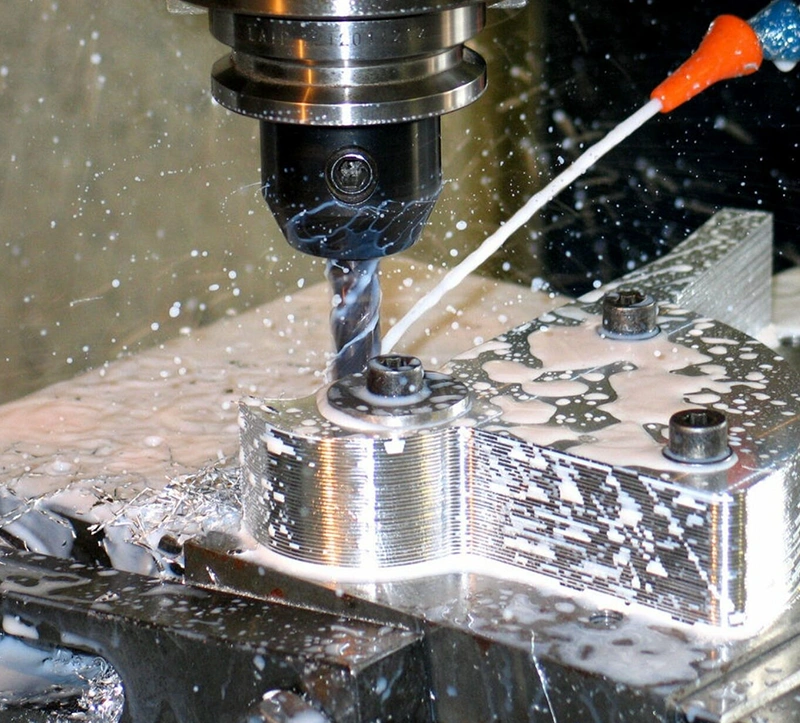
Prototype and Parts Made Easy - Worldwide Delivery & Any Order Size
With many years of manufacturing experience, NPI offers the best solutions for all rapid prototyping and low to large volume manufacturing needs. We streamline the innovation cycle into four simple but effective steps.
01
Upload Your Design
02
Receive Design Analysis
03
Start Manufacruting
04
Receive Your Parts
How does CNC Milling Work?
CNC milling operates through a computer-controlled machine that precisely removes material from a solid workpiece to create custom shapes and designs. The process begins with a digital design, typically created using Computer-Aided Design (CAD) software. This design is then converted into a toolpath via Computer-Aided Manufacturing (CAM) software, which directs the CNC machine on how to move the cutting tool. The milling machine employs various tools, such as end mills and drills, to execute the design with high precision. Throughout the operation, the machine's movements are carefully synchronized, allowing for intricate detailing and smooth finishes on a range of materials.
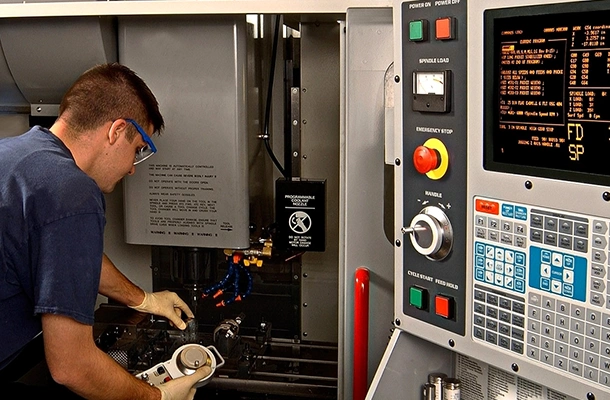
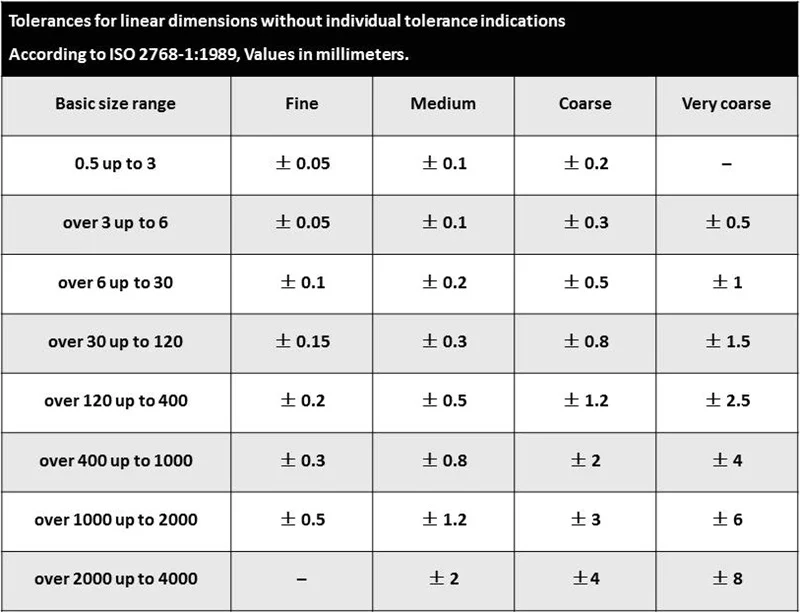
CNC Machining Tolerances
At NPI, our standard tolerances adhere to ISO 2768 specifications, applying ISO 2768 medium tolerances for machined plastics and ISO 2768 fine tolerances for machined metals. We can typically achieve CNC machining tolerances ranging from ±0.005″ (±0.125mm) to ±0.002″ (±0.05mm). For projects requiring tighter tolerances, we request a detailed 2D drawing containing all necessary information. Our experienced engineering team will communicate with you regarding critical dimensional tolerances, ensuring we deliver the highest level of precision for your CNC machining needs. Trust NPI for superior quality and precision in all your machining projects.
CNC Milling FAQs
Looking for Online CNC Milling Services?
- All uploads are secure and confidential.





